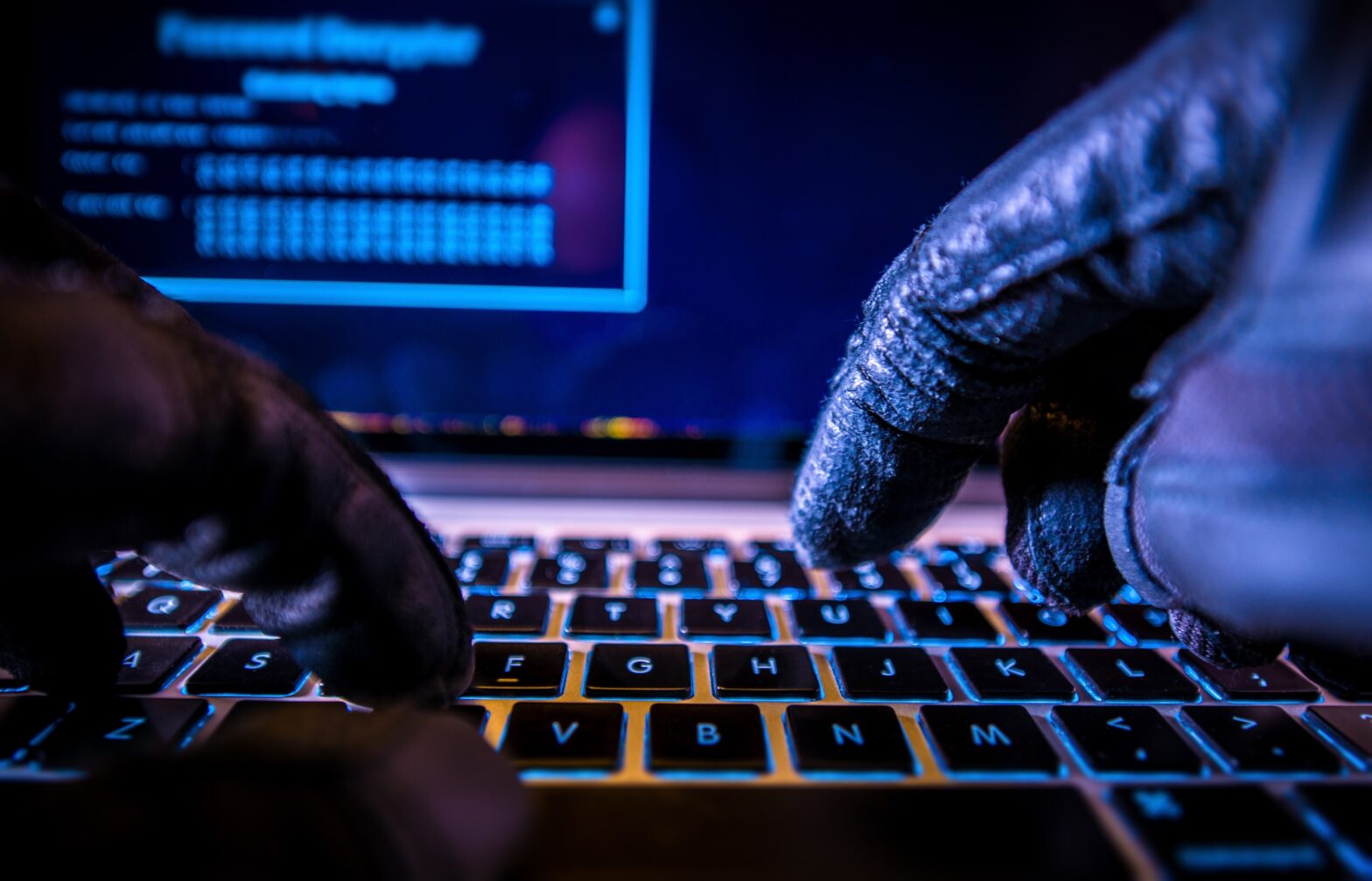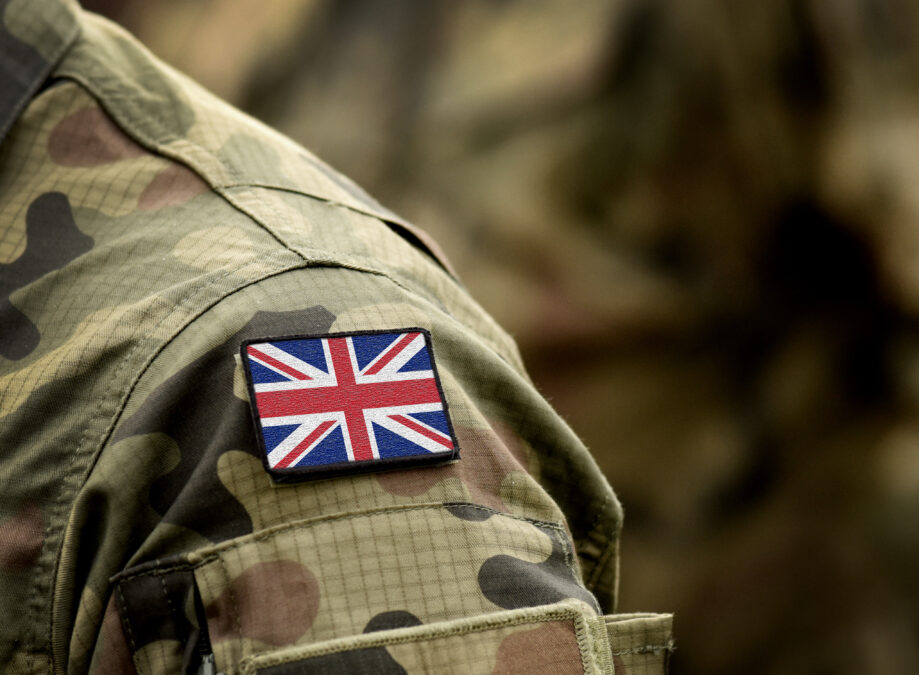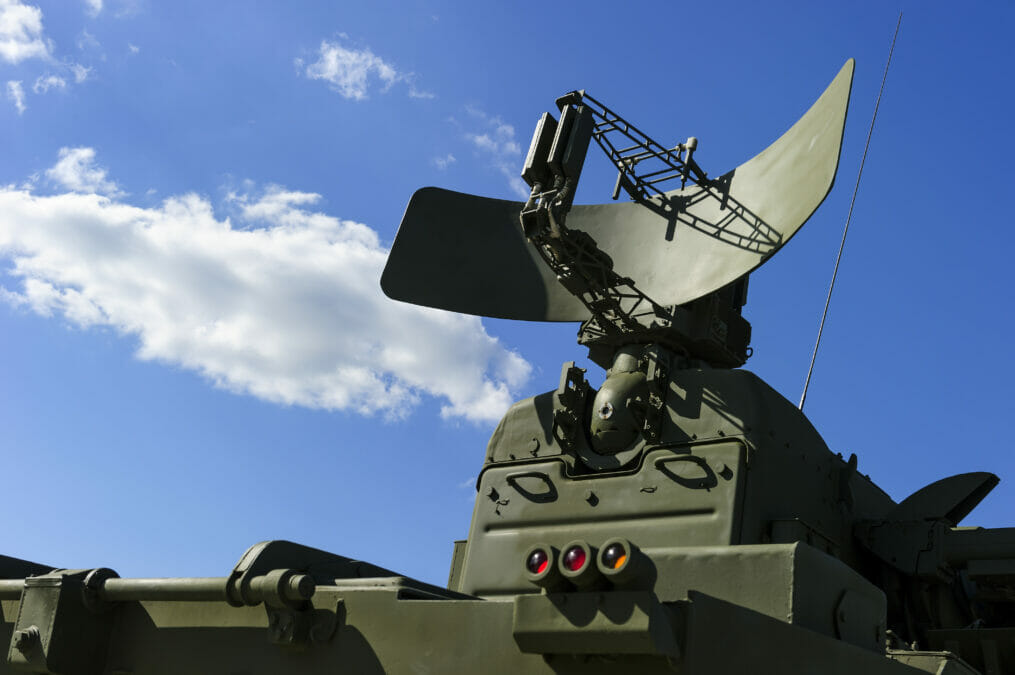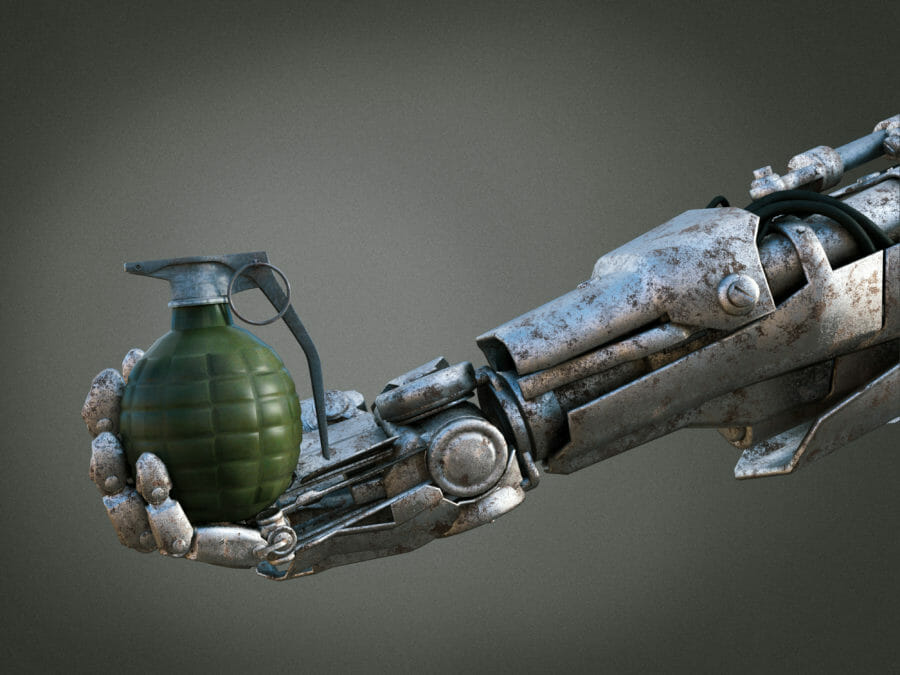In response to the growth of state-sponsored computer hacking, NATO allies are now considering a stronger response to the threat that could involve using cyber attacks to bring down enemy networks.
The United States, Britain, Germany, Norway, Spain, Denmark and the Netherlands are drawing up cyber warfare principles, which would help clarify when to deploy cyber attack weapons.
The doctrine, aimed to be drafted by 2019, would see a change in approach from NATO, putting them on the offensive against hackers from Russia, China and North Korea.
>See also: Nation State hacking: a long history?
“You cannot only defend in cyberspace,” said Erki Kodar, Estonia’s undersecretary for legal and administrative affairs who oversees cyber policy at the defence ministry.
“There’s a change in the (NATO) mindset to accept that computers, just like aircraft and ships, have an offensive capability,” said US Navy Commander Michael Widmann at the NATO Cooperative Cyber Defence Centre of Excellence
Indeed, some believe that neutralising an enemy via cyber attack would be immensely more effective than physical/traditional alternatives, such as air strikes.
Commenting on this Lee Munson, security researcher at Comparitech.com said: “Back in 1983, a rather astute computer known as W.O.P.R., learned that computer war games were futile and the only way to win was to not play.”
“Fast forward to the present day and it seems the Russians, Chinese, North Koreans and now, NATO, have drawn an entirely different conclusion as each reportedly now considers offensive cyber moves to be the only effective response to the others’ moves.”
>See also: Hacking the upcoming General Election
“Given how notoriously hard it is to attribute so-called nation state attacks to any given country, rather than bad actors within it, or even a false flag operation, this move by NATO is a potentially dangerous one, especially given the fact that it is, in my opinion, lagging behind many of the nations it would wish to attack in terms of ability and resources.”
What’s more, escalation in this arena is only likely to lead to more sophisticated and damaging attacks being developed by all sides, something which could potentially see critical infrastructure becoming a more valid and reachable target.”
“Could it be that our only hope of drawing back from this precipice may be to encourage all the computers in the world to see the futility of cyber war and play a nice game of chess instead?”










